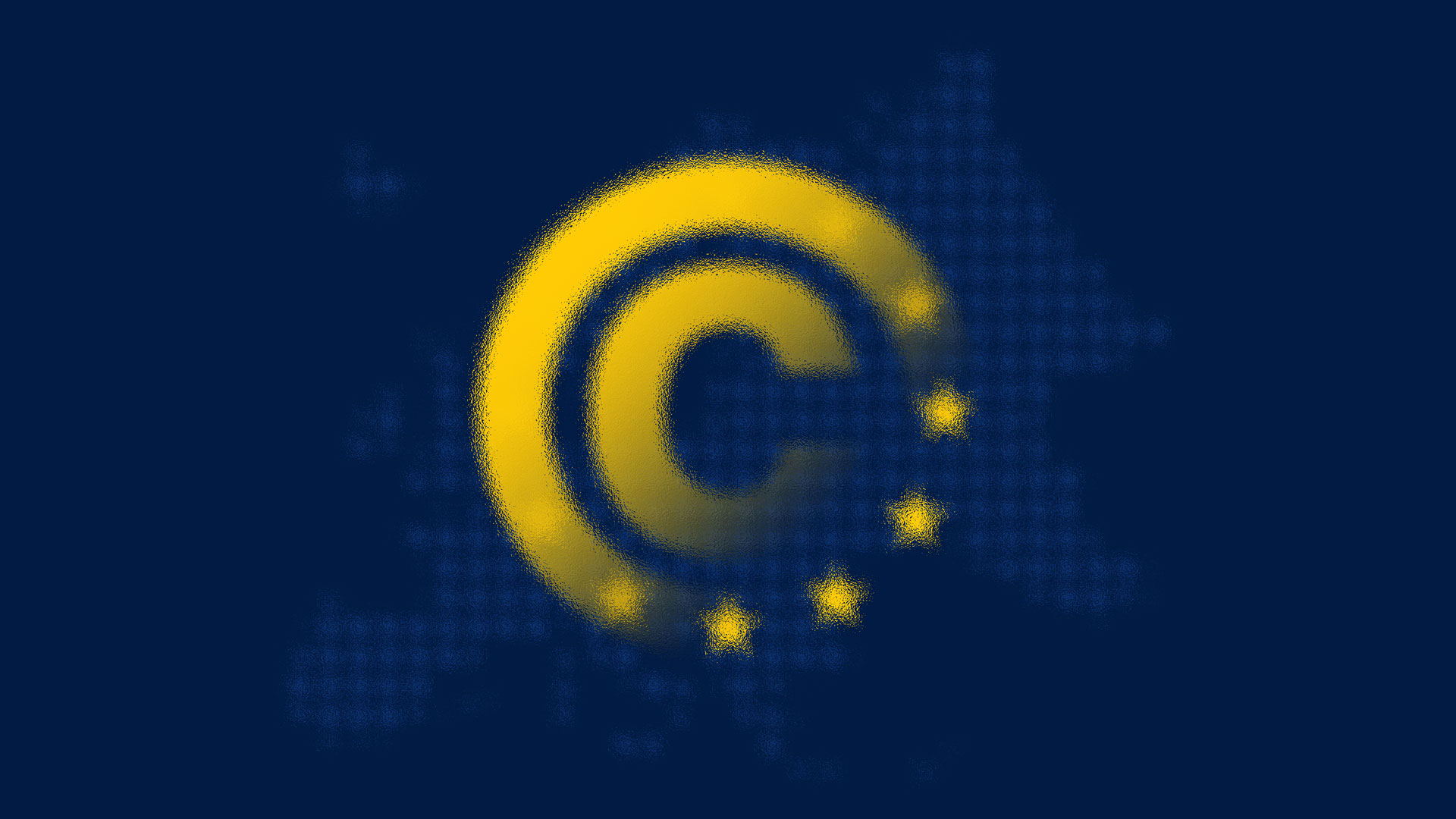If your business has spent the last few years upping its digital game, thanks to Article 13 it could be time to rethink how you go about sharing content online. This new EU copyright law was recently given the go-ahead, despite having many vocal opponents, meaning that content creators and sites such as YouTube are now legally responsible for the content that is uploaded.

But why has it been so divisive? And how will this impact on you and your business? Here’s a look at the law in-depth to guide you.
What is Article 13?
Article 13 has been introduced to ensure that online platforms that allow users to upload content, such as YouTube, Facebook and Google, are now legally responsible for anything that infringes copyright laws. It has been designed to make sure that credit is given to the content creators whose work is being uploaded and to protect their work from being misused.
Now that the EU Copyright Directive has been passed, it means that the online content-sharing platforms and services will have to license any work or materials that are protected by copyright law. This is a huge change for these content-sharing services as before, content was being uploaded without these platforms being responsible for copyright violations.
While Article 13 has been passed, when it comes into effect will depend on the members of the EU enforcing it and how they will go about it. How each of the EU’s countries interprets the law may vary, so it may be that one country decides to introduce filters while another might not.
Why are Filters a Bad Thing?
While Article 13 won’t demand that filtering technology is used to check what is being uploaded, this could be seen by some countries to be the only way to enforce the Directive. If introducing filters is seen as a legal requirement, it could mean that companies have to invest in filtering technology as a legal requirement. Plus, there’s a risk that filtering tech could get it wrong and remove legitimate content.
What Does This Mean for Business?
While the major content-sharing sites have been voicing their opposition to the law, it also impacts on small businesses and start-ups, especially if you’re running a relatively small company that has to now invest in expensive filtering equipment.
If your company has recently upped its digital game or you use sites such as YouTube to create and upload your own content, you could have to invest in tech to help you include content that meets the legal requirements. This could have a financial impact as filtering tech could prove costly.
It could also mean that you have to invest in new staff members who understand how Article 13 operates. While having trained-up staff members can be an asset, it’s another person to find a salary for, and choosing someone with legal expertise can be expensive.
Businesses Outside the EU
Although this is an EU Directive, most of the online platforms that will be most affected are global names. Therefore, how Google, Facebook and YouTube operate in a few years may look very different, although how is yet to be seen.
In addition, there may be more restrictions put in place for users. Plus, content creators who want to upload from outside the EU may also have to have a full understanding of Article 13 and entertainment law as a whole before they can upload anything that may be an infringement.
What happens next will depend on how the EU member countries interpret the law. Until then, businesses will have to wait to see where this goes next.
Leave a Reply